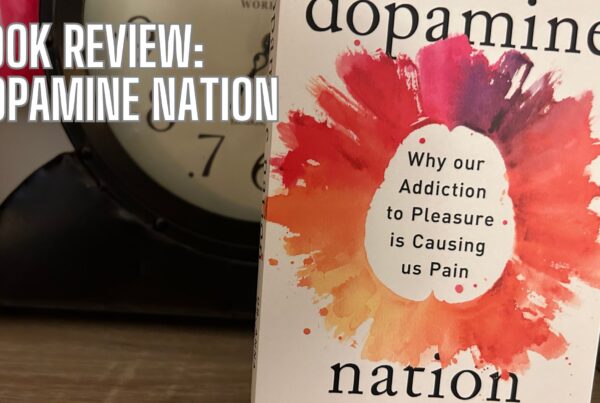The Challenge of New Year's Resolutions: A Perspective from Behaviourism
A Common Struggle with New Year's Resolutions
Are you among those who ambitiously set New Year's resolutions every year, only to abandon them as the weeks go by? You're certainly not alone. Many of us struggle with breaking old habits to make way for new ones. Let's dive into why this happens and how a behaviourist's perspective might help you finally stick to those resolutions.
Source: The Conversation, by Rebekah Boynton and Anne Swinbourne, James Cook University
Why Are New Year’s Resolutions so Challenging?
We often think of our habits as ingrained and difficult to change. They're automatic, easy, and rewarding, making them quite resilient to disruption. Unfortunately, simple motivation isn't enough. Behaviourism, a psychological perspective, might offer some insights.
The Behaviourist Approach to Habit Change
Behaviourism studies human and animal behaviour through observable events. It's more focused on what's happening outside rather than inside our minds, like feelings or thoughts. This approach gives us a tool known as the ABCs of behaviour change. Here’s how it breaks down:
- A: Understanding the triggers or antecedents that precede behaviour
- B: Defining the behaviour you want to change
- C: Managing the consequences or outcomes that follow behaviour
By exploring this method, Charles Duhigg, the author of *The Power of Habit*, was able to halt his snacking habit, as seen in this video.
Steps for Effective Change
Defining the Behaviour
To make meaningful changes, clarity is needed about what exactly is to be altered. An imprecise goal like “I want to exercise more” will not provide the guidance needed, whereas a specific target such as “I want to walk five kilometres three times a week” will set a clear path.
Understanding the Triggers
Our environment often contains cues that trigger habitual behaviours. The difference between walking into a pub on Friday versus walking into a church on Sunday can determine if you'll crave a beer or not. Recognizing and maximizing these triggers helps in forming new habits and avoiding less desirable ones.
Altering the Consequences
The outcomes that follow a particular behaviour are significant. If there's a pleasant result, that behaviour is more likely to be repeated. Positive reinforcement is one way to encourage new habits. But it's worth noting that negative reinforcement doesn't mean punishment. It involves the removal of an unpleasant state, which makes the individual feel better.
Is Behaviourism for You?
The concepts of antecedents, behaviour, and consequences (ABCs) can be beneficial for those who procrastinate or over-think their actions. Structuring these elements allows you to work around your self-sabotaging tendencies.
Behavioural techniques are not limited to New Year's resolutions alone. Whether it's changing personal behaviour or even that of pets, a good understanding of your ABCs can help. If students were able to teach rats to play basketball using positive reinforcement, think about what you might accomplish, like taking regular walks!
Further Reading
If you're interested in learning more about this approach to New Year's resolutions and the psychology of behaviourism, please refer to the original article published on The Conversation, authored by Rebekah Boynton and Anne Swinbourne from James Cook University.
By exploring these strategies, you may find yourself better equipped to make, and keep, your New Year's resolutions, turning them into long-lasting, positive habits.
Book Your FREE 20 Minute Consultation With Release Hypnosis NOW!
You may also like to read:
How to Achieve Your New Year’s Resolutions – Success after Jan 1st
How to Achieve Your New Year’s Resolutions – Getting Ready for Jan 1st
‘I Can’ Vs ‘I Can’t’: Stuck In The Problem And Unable To Change
Breaking the Habit of Being Yourself








